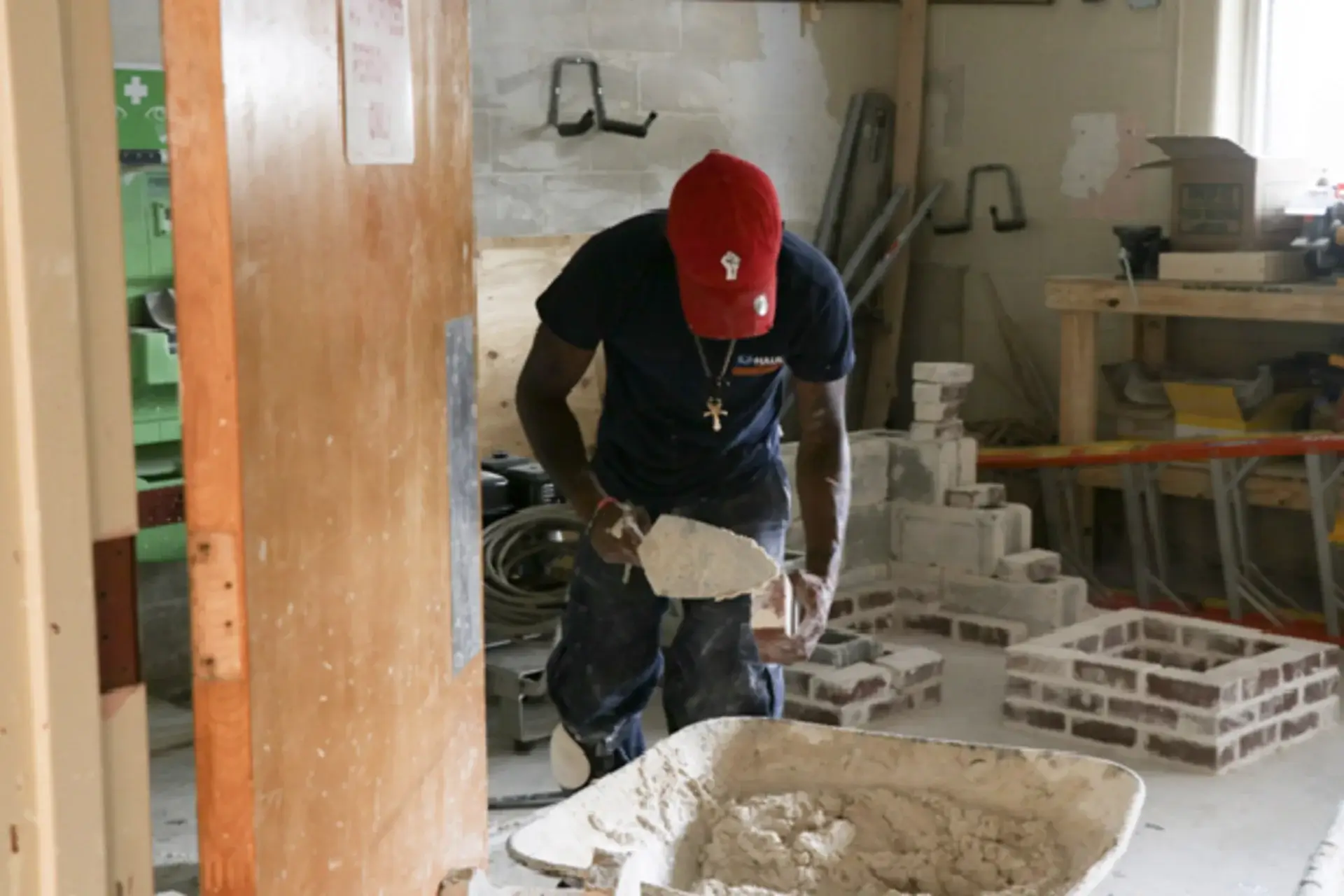The construction industry has long been seen as a male-dominated field, but the narrative is rapidly changing. Across the U.S., and particularly in cities like Philadelphia, inclusive construction programs are creating new opportunities for underrepresented communities, including women and minorities, to enter the skilled trades.
The construction trade has long been a cornerstone of opportunity and innovation in the bustling city of Philadelphia, where the skyline is ever-changing, and infrastructure projects shape the landscape. Historically, however, these trades have often been marked by barriers to entry, particularly for Black individuals. Yet, the narrative is shifting through concerted efforts and the evolution of educational programs. Today, construction trade schools play a crucial role in breaking down these barriers and promoting a more inclusive representation of Black individuals in the construction industry.
Institutions offering construction technician classes are helping to reshape the workforce by equipping students with hands-on skills in carpentry, masonry, blueprint reading, and site safety. How Philadelphia’s Trade Schools Are Changing The Game?
The journey towards inclusivity in the trades has been gradual but transformative. For decades, Black individuals faced systemic obstacles in accessing training and opportunities in the construction Industry.
Institutions offering construction technician classes are helping to reshape the workforce by equipping students with hands-on skills in carpentry, masonry, blueprint reading, and site safety.
Limited access to education and discriminatory hiring practices served as formidable barriers, perpetuating a cycle of underrepresentation. However, with a growing recognition of the need for diversity and equity in the workforce, concerted efforts have been made to address these disparities.
In recent years, trade schools for construction have emerged as a catalyst for change. These schools offer comprehensive training in various aspects of the trades, equipping individuals with the skills and knowledge needed to succeed in this dynamic industry. From carpentry and electrical work to plumbing and masonry, this construction program in Philadelphia provide a pathway for aspiring construction professionals to enter the field with confidence and competence.construction programs have become increasingly accessible through local trade schools and technical institutes. These programs are tailored to meet the growing demand for skilled workers in both residential and commercial projects.
One such initiative that made a significant impact was the establishment of trade schools for construction. These institutions provide specialised training tailored to the needs of the construction industry, offering hands-on experience and classroom instruction in a supportive learning environment. By focusing on practical skills and industry-specific knowledge, Construction program schools in Philadelphia empower Black individuals to pursue rewarding careers in the construction industry , thereby expanding representation and diversity within the workforce.
The evolution of training pathways, such as construction technician classes and Philadelphia-based apprenticeship programs, is not only bridging the skills gap but also fostering long-term workforce development.

Construction technician classes offer a beacon of hope and possibility in neighbourhoods with historically limited economic opportunities. By providing access to quality education and training, these apprenticeship for construction in philadelphia equip individuals with valuable skills and contribute to the revitalisation and development of local communities. Through partnerships with industry stakeholders and community organisations, these programs create pathways to economic mobility and empowerment for Black individuals.
The impact of these efforts is evident in the increasing representation of Black individuals in the construction trades. As more individuals complete construction technician classes and graduate from trade colleges for construction, the face of the industry is changing. Black professionals assume leadership roles, contribute their unique perspectives and experiences to projects of all sizes, and challenge longstanding norms and stereotypes.
the future of the construction trade lies in embracing diversity and expanding access to education and training.
The work is far from over. While progress has been made, much must be done to ensure accurate equity and inclusivity in the construction trade industry. Continued investment in education, training programs, and initiatives is essential to eliminate systemic barriers and biases. By fostering a culture of diversity and inclusion, the construction industry can fully harness the talents and potential of all individuals, regardless of race or background.
The evolution of Black representation in the construction trades is a testament to the power of education, opportunity, and perseverance. From construction training programs to trade colleges for the construction industry, these initiatives are breaking down barriers and opening doors for Black individuals to thrive in this dynamic field. As we build a more inclusive workforce, we must remain committed to supporting and empowering individuals from all backgrounds to pursue their passions and achieve their dreams in the construction trades.
Read More: